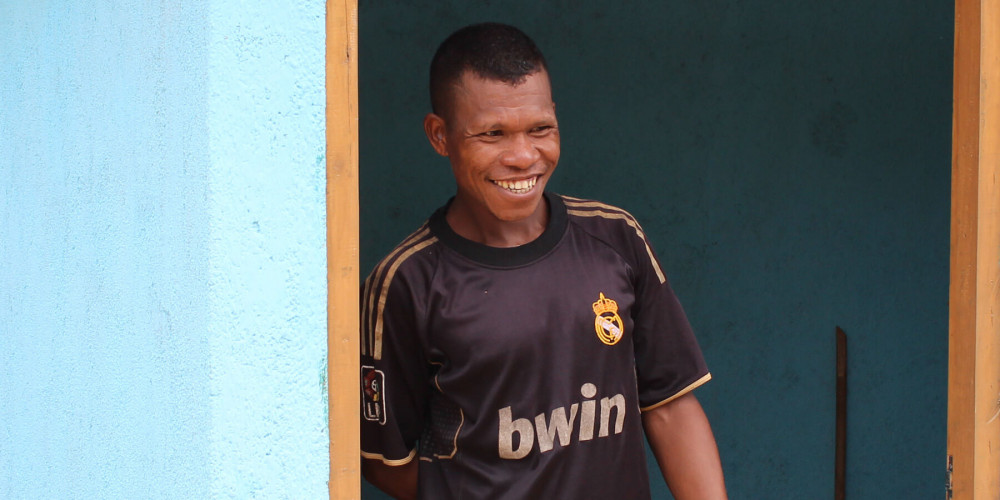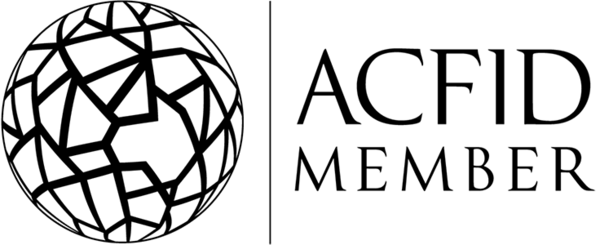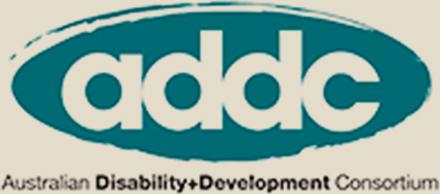KIT Blog
People with disability need a loo too
-
 Admin
Admin
- Nov 14, 2016
- Uncategorized
Great advances in public health have been made because of an improvement to the access, quality and use of Water, Sanitation and Hygiene. These three things can be recalled easily with the handy acronym WaSH (Water, Sanitation [and] Hygiene). In 2010 the Millennium Development Goals—the framework for global development—reached its target of supplying 90% of the world with safe drinking water. But there’s still a long way to go for sanitation and hygiene—the target for providing access to sanitation facilities was missed by 700 million people.
Safe water, sanitation and hygiene are of central importance to preventing disability and poverty. That’s because they feed into each other. Disability can increase the risk of poverty, as disabled people and their families are vulnerable to economic and social disadvantage. And poverty can put people at risk of contracting neglected tropical diseases that can cause disability. WaSH is also critical in ensuring that people have adequate nutrition, gender equality and education.
WaSH is so essential to our dignity, health and wellbeing, it’s a human right. Because people with disability are often excluded from WaSH, it’s explicitly mentioned in The Convention on the Rights of Persons with Disabilities. Nations that have ratified that convention have a duty to provide “equal access to clean water services” to ensure that people with disabilities and their families can access an adequate standard of living.
The reason that people have a disability is not because of a condition or disease like leprosy. People have a disability because of barriers that society constructs or permits. Removing these barriers to achieve equality is called “disability mainstreaming” in development circles. It includes health promotion and providing accessible toilets.
Poor sanitation is estimated to cause 280,000 deaths annually and is a major factor in several neglected tropical diseases.
Your projects are helping people with leprosy and disabilities have access to WaSH. Last year alone, you reached more than 16,000 Nepalese and Nigerian people to promote inclusive WASH activities. Thank you for your support of people with leprosy and disability.
Sanitation
Imagine if you didn’t have a toilet. Where would you go? For 2.1 billion people, they’re forced to use inadequate sanitation facilities. Of them, 946 million are forced to go wherever they can—in street gutters, behind bushes or into open bodies of water. The Raitaho Self Help Group used to be part of this population. They said that before they had proper toilets they had to defaecate out in the open. This made them vulnerable to diseases and animal attacks, and increased the risk of disease transmission.
Poor sanitation is estimated to cause 280,000 deaths annually and is a major factor in several neglected tropical diseases.
Addressing sanitation ensures good health, a clean environment and human dignity for all people. A couple of years ago, the United Nations Deputy Secretary General issued a call to eliminate open defecation by 2025. It’s not an unrealistic goal. But it needs committed action.
“Thank you very much for your support, please continue to support us so that we can improve our living conditions.”
—Raitaho Self Help Group
Last year, your projects installed 152 accessible toilets in Nepalese and Nigerian homes and communities. Thank you for making this possible.
It’s also important that we raise awareness in Australia of the need for accessible sanitation. You can use this coming World Toilet Day (on 26 November) to start a conversation about the importance of sanitation in developing countries.












